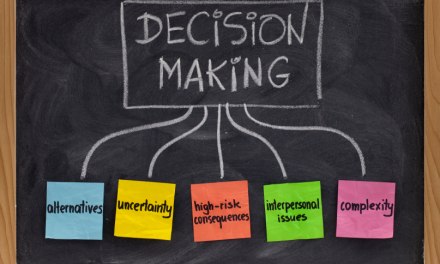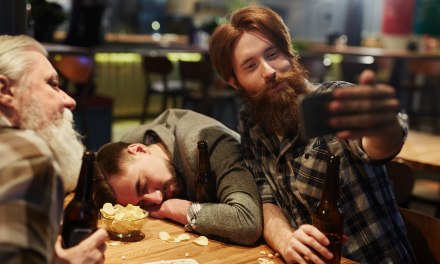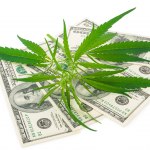This is the story of a woman who narrowly avoided a relapse after more than a decade of sobriety. The triggering event: that January 6 mob assault on the US Capitol. Like many Americans, she watched it unfold on her TV screen – and grew progressively more and more angry and distressed:
I Thought Of Relapsing When Rioters Stormed The Capitol. Then An Amazing Thing Happened
A Black woman, she found herself contrasting the police response with what she’s witnessed elsewhere, when the protesters were predominantly African-American. She was overcome by a rush of bad memories, and a powerful urge to quell them with alcohol.
The story is about how and where she found the help she needed, to maintain recovery.
I want to focus on the sheer persistence of that conditioned association between emotional pain and upset, and the desire to numb those feelings with chemicals. Ordinarily, someone who’s passed the five-year mark in abstinence is statistically well-positioned to continue on a more or less permanent basis. That doesn’t mean the urge to drink has disappeared completely, however. As in this case, it can pop up again, with vigor, when least expected.
The riot at the Capital had nothing directly to do with this woman. She was not under a direct threat of any kind. It was massively disappointing, sure, but how would getting drunk improve her situation in any meaningful way? It wouldn’t. She’d inevitably feel much worse in the aftermath. Yet, there it was, pulsing in her head, as if she’d never stopped drinking at all.
That’s addiction for ya. One reason it’s so difficult to deal with.
Sometimes there’s an obvious trigger, sometimes not. Could be that it’s been building up below the person’s awareness. Situations like the pandemic foster a kind of cumulative stress that mounts. It’s usually based on familiar hazards: you’re too hungry, too angry, too lonely, too tired. You may think they’re being handled, until something happens to make it obvious that they haven’t been. Not well enough, at least.
Her response reminded me of a grief reaction. If the precipitating event had been the death of a loved one, we wouldn’t find her response at all surprising. This grief reaction was on another level, one more distant yet equally dangerous to her recovery.
It appears to arise from the common experience of a group or class of people who have been subjected to active discrimination, oppression, or worse. One friend explained it to me by simply plucking at the skin on the back of his hand. “That’s what it all comes down to,” he said. “That color.” For him, no other explanation was needed.
This is the kind of thing it’s hard to share with just anybody. As the writer points out, the Zoom meetings she customarily attended were fine as far as they went, but clearly not what she needed at that moment in time.
Stumbling on to the solution must have seemed to her like a miracle. “Just the Universe giving her a hand,” a colleague of mine, herself in recovery, once remarked. “Happens all the time to us.”
“Yeah, we’re lucky bastards,” joked another colleague. “Good thing, too.”













